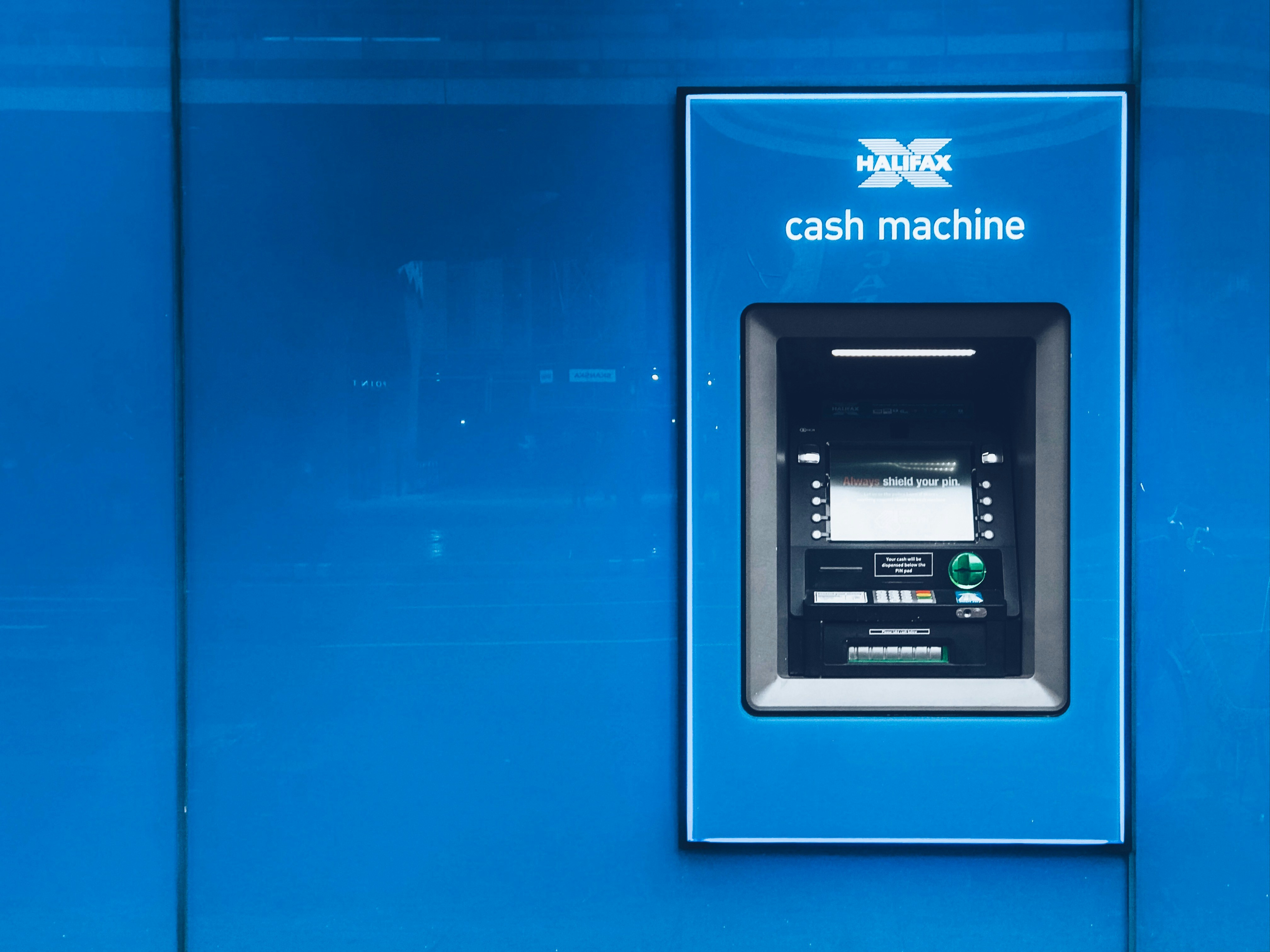FDIC Increases Bank Fee that NCUA Rejected for Credit Unions
The FDIC increased its assessment fee for banks, a move the NCUA has declined to implement for credit unions. Learn why.


NCUA Chairman says improved state of agency’s Share Insurance Fund validates decision not to charge similar premiums.
The FDIC on Tuesday did something the NCUA board has steadfastly refused to do.
It increased by two basis points the assessments banks must pay in an effort to shore up its Deposit Insurance Fund.
During the pandemic, deposits in financial institutions grew—in part due to the stimulus payments people received. That put a strain on the FDIC’s Deposit Insurance Fund, whose reserve ratio dipped below the 1.30% required under federal law. This in turn required the FDIC to adopt a restoration plan to raise the reserve ratio to 1.35% within eight years.
When the restoration plan was adopted initially, the FDIC board did not impose an assessment increase.
The NCUA’s Share Insurance Fund
Across this same time period, the increased deposits at credit unions resulted in the NCUA’s Share Insurance Fund’s equity ratio dipping to 1.22%. The agency is required to adopt a restoration plan if the ratio sinks below 1.20%.
The NCUA board has declined to charge credit unions a premium to shore up the Share Insurance Fund and the equity ratio has recently begun to climb.
“The improved health of the Share Insurance Fund validates the NCUA Board’s wisdom in delaying the imposition of preemptive premiums on the industry earlier in the pandemic when we teetered dangerously close to the 1.20 percent statutory minimum for developing a plan to recapitalize the Share Insurance Fund,” NCUA Chairman Todd Harper said at the agency’s September meeting. “Nevertheless, while we project a 1.30 percent equity ratio by the end of the year, we are not out of the woods just yet.”
Reasons for the FDIC Increase
The deposit insurance fund ratio has likewise risen of late, however the FDIC board on Tuesday still approved the two basis point increase in assessments—much to the chagrin of banking trade groups and some House Republicans.
“Significant risk remains that the Deposit Insurance Fund may not reach 1.35 percent by the statutory deadline,” Patrick Mitchell, director of the FDIC’s Division of Insurance and Research, said in a memo to the agency board.
He added, “Growing the DIF would also increase the likelihood of the DIF remaining positive through potential future periods of significant losses due to bank failures, consistent with the FDIC’s long-term fund management plan and goal of a 2 percent reserve ratio.”
Pushback From Banking Groups, Republicans
Banking trade groups, however, dispute the idea that an assessment increase was needed.
“In fact, the data shows that such an increase not only would be unnecessary to ensure the FDIC meets its statutory requirement to return the ratio to 1.35 percent by September 15, 2028, but also could be procyclical and reduce access to credit for consumers and businesses at a time when financial conditions are tightening considerably—exactly when access to credit matters most,” the groups, which included the American Bankers Association and the Independent Community Bankers of America, wrote in a joint letter to the FDIC board.
Several House Republicans, led by Rep. Blaine Luetkemeyer of Missouri, ranking Republican on the House Consumer Protection and Financial Institutions Subcommittee, also sent a letter to the agency board opposing the assessment increase.
The five Republicans—all members of the House Financial Services Committee—said the move will have a negative impact on consumer access to credit.
They added, “Congress did not intend the FDIC to aggressively increase assessment rates to recapitalize the fund. It would be inconsistent with legislative language and spirit for the FDIC to do so.”
Nonetheless, the FDIC approved the increase unanimously, with the three board members all voting in favor of it.
Industry News













.png)





.png)



.png)



















































